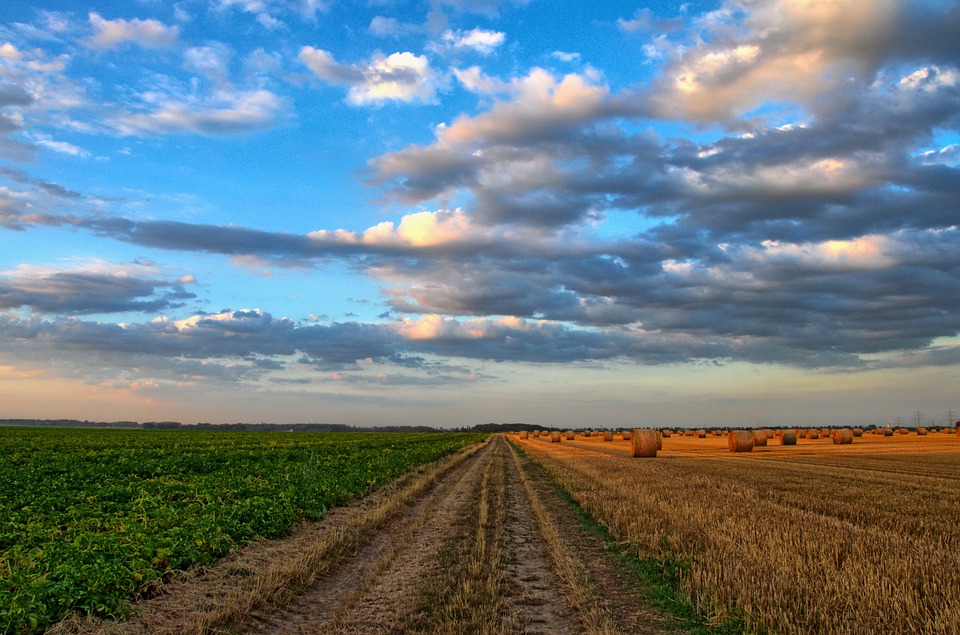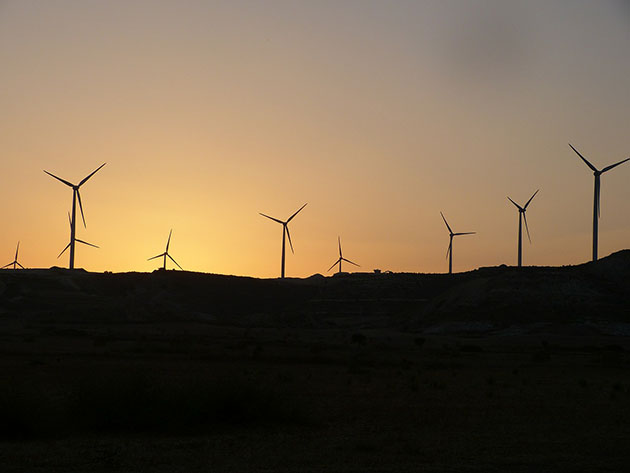
In every business, you need to keep up with technology in order to stay competitive. This is no different for farm production.
Farmers need everything to go right every season in order to produce their product and make a living. While Mother Nature can certainly have a say in that success, there are things that farmers have been doing for generations that allow them to make the best of it. Today, farmers have an advantage because of new technologies. Here are just a few that may make your life a little easier.
Wireless Sensors
With the prevalence of small microchips, sensors can be placed in nearly anything, allowing you to monitor everything from soil content to weather patterns and store them on any device for future reference.
One of the biggest innovations in recent years is with livestock biometrics, which is the monitor of vital statistics in animals. With an equipped collar, you can measure everything from heart rate to body temperature, allowing you to identify any health problems quickly.
There are also sensors that track the health of your crops. The sensors can tell you with the push of a button what nutrients your crops are lacking and advanced ones can even prescribe the correct fix. This will help take the guess work out and should help generate better yields than going at it alone.
Drones
Autonomous vehicle technology has expanded into the public sector in recent years, and many savvy farmers are putting it to good use.
Aerial drones are a great way to monitor large swaths of land easily and quickly. From the air, you can detect missing livestock, check on your crops or even find broken fences that need mending, all from the comfort of your home. Drones can be expensive and you need to learn how to fly them — or find someone who already knows how to — but the cost and effort may be worth it, especially if you own a large farm or ranch.
Soon, there will even be autonomous “cowboys” available. These are four-wheeled drones that have the ability to herd livestock. They can traverse rough terrain and keep tabs on cattle.
Vehicle Technology
The vehicles you use are just as important to a well-run farm as the people who help you. Fortunately, technology is advancing in this area as well.
Many pickup trucks like the RAM 3500 offer great technology packages that make your work easier and more fun, like GPS and satellite radio systems that help the day go by a little quicker. The technology can also monitor tire pressure and other vital stats that will help you keep the truck on the road longer.
There are also driverless tractors on the horizon, as well as what is known as “swarm technology,” where vehicles communicate with each other to work more efficiently. There is a trade-off for technology however, in that newer vehicles are harder to work on and maintain on your own.
Don’t fall behind because of a lack of technology. Find which ones are right for you and you should have a great year.
Article Shared by:
Scarlett Hartman is a modern farmer’s wife – That means she’s out there doing everything her husband is, and not stuck in the kitchen baking bread!! She writes about the farming industry and farm life in her articles.





Leave a Comment